Your cart is currently empty!
Tag: NaturalCultivation
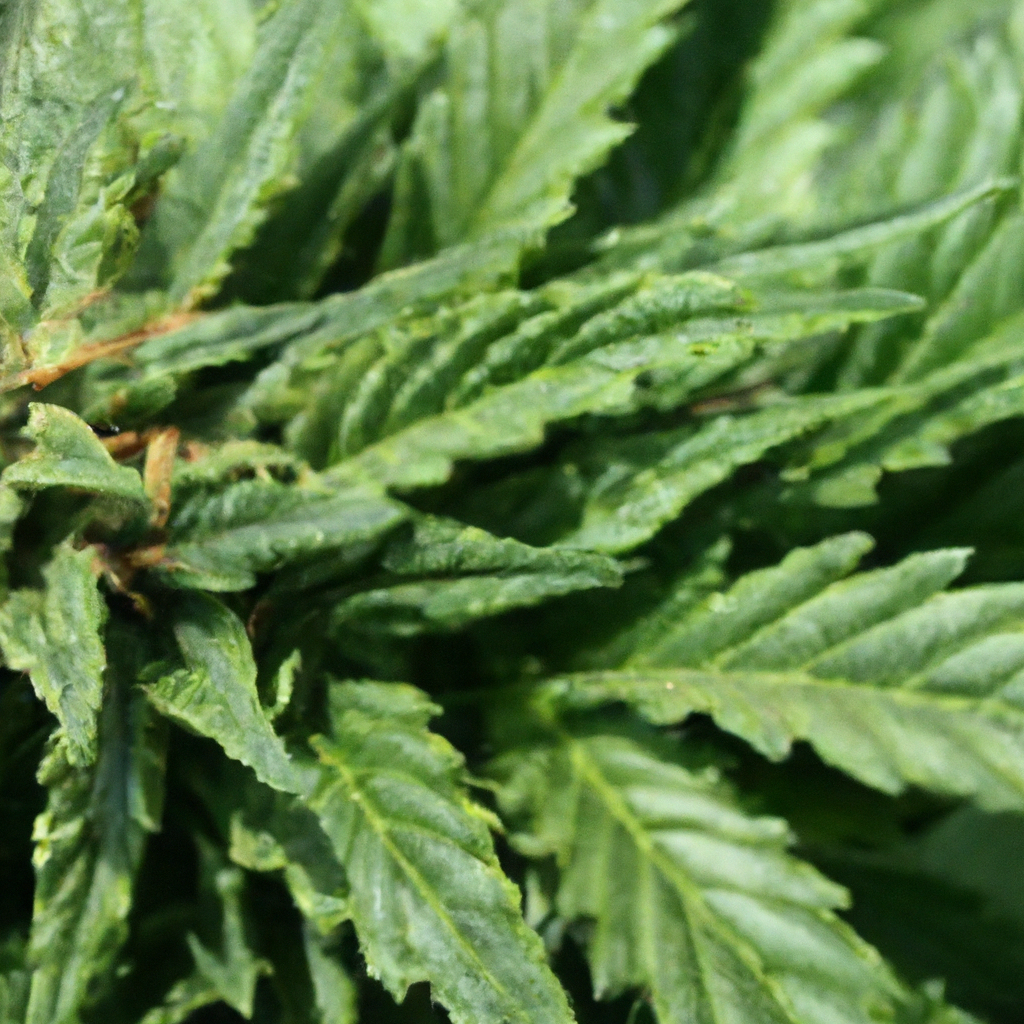
Organic cannabis cultivation is gaining traction among growers focused on environmental impact and healthier consumer products. By utilizing natural fertilizers, composting, and biological pest control, cultivators foster thriving soil ecosystems and produce superior cannabis with enhanced quality and potency. Key practices include enriching the soil with natural materials, implementing biological pest controls, and promoting sustainability…

The intersection of wellness and cannabis is increasingly significant in athletic recovery. With athletes seeking natural enhancement methods, cannabis offers faster recovery times and improved well-being. Key cannabinoids, CBD and THC, contribute to this by reducing inflammation, managing pain, and promoting muscle relaxation. Real-world examples, such as ultramarathon runner Avery Collins and retired NFL player…
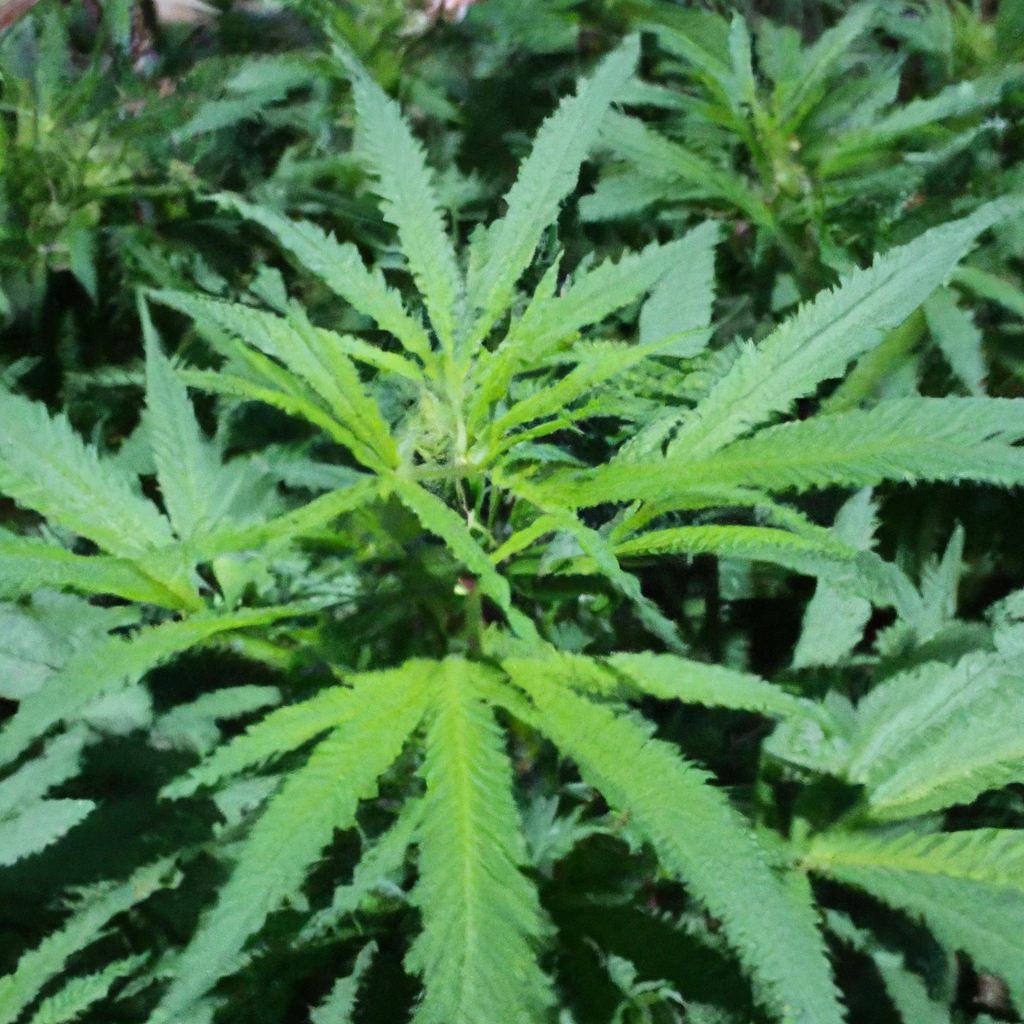
Organic cannabis cultivation focuses on creating a sustainable ecosystem that encourages healthy plant growth with minimal environmental impact. This guide highlights best practices such as building healthy soil through composting and natural fertilizers like bat guano, controlling pests with companion planting and beneficial insects, and using sustainable methods like water conservation and renewable energy. By…
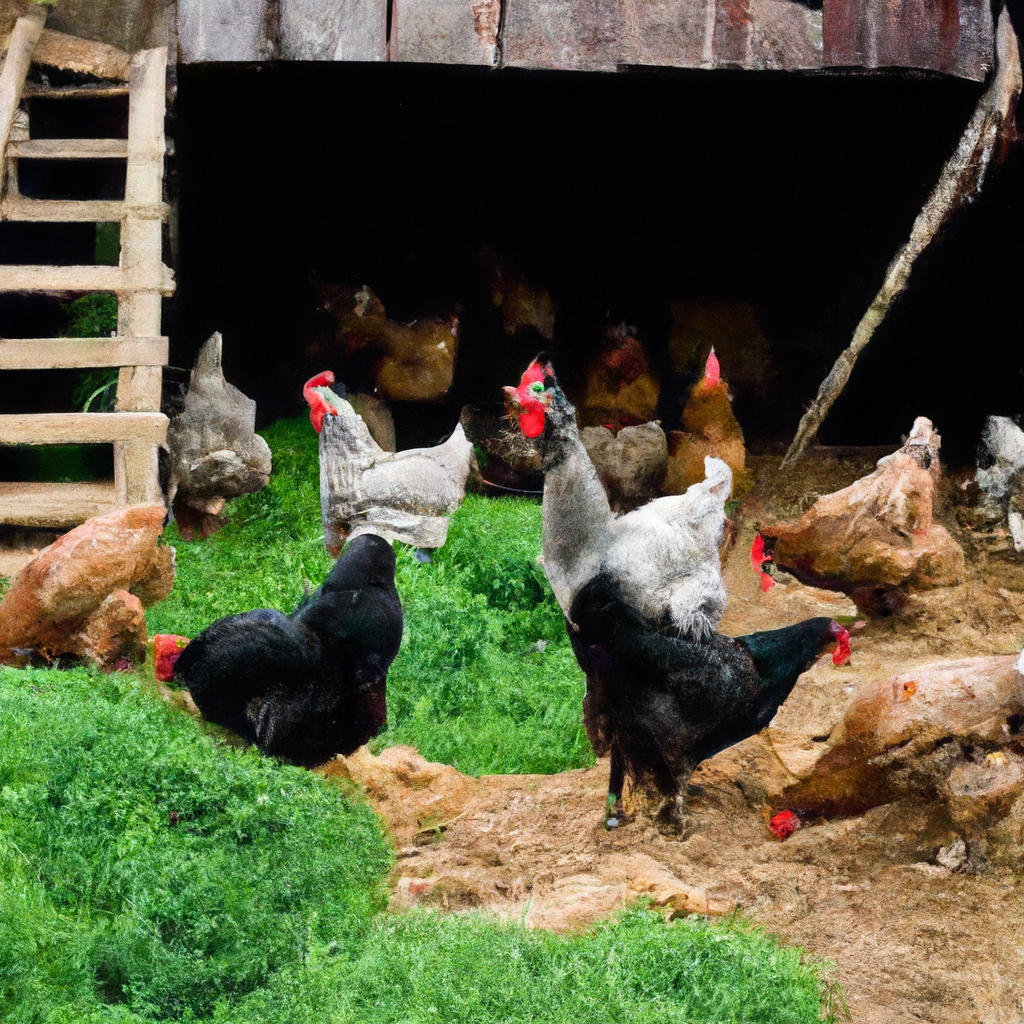
Integrating companion animals into cannabis cultivation offers unique advantages by enhancing growth and deterring pests. Chickens naturally reduce weeds and pests while improving soil through scratching behavior, and goat manure serves as an organic fertilizer. A real-world example from a Northern California farm showed a 40% decrease in pest issues and enhanced plant growth by…
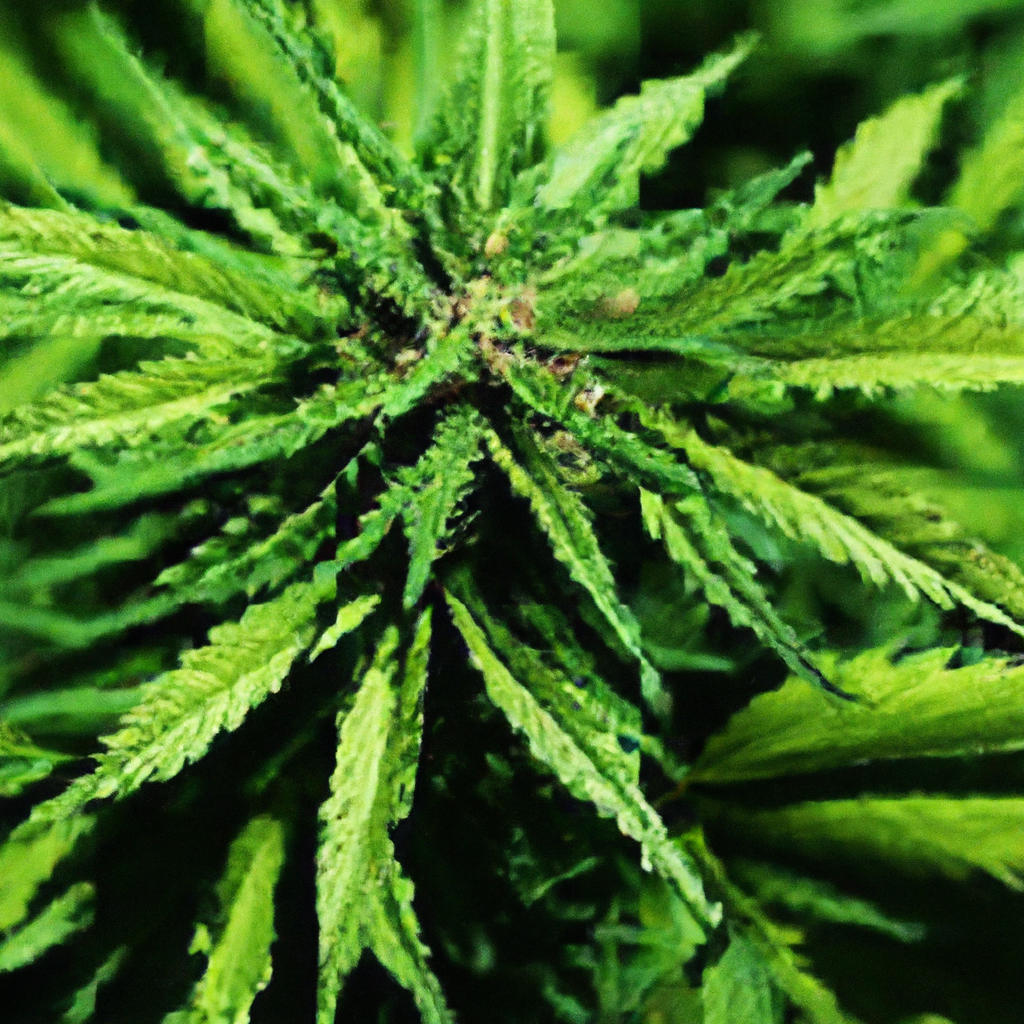
The cannabis industry is increasingly adopting sustainable practices, with organic cultivation at its core. This approach not only supports environmental health but also enhances cannabis quality and therapeutic benefits. The blog highlights best practices such as the use of natural fertilizers and compost to boost soil fertility and sustainable pest control methods like Integrated Pest…
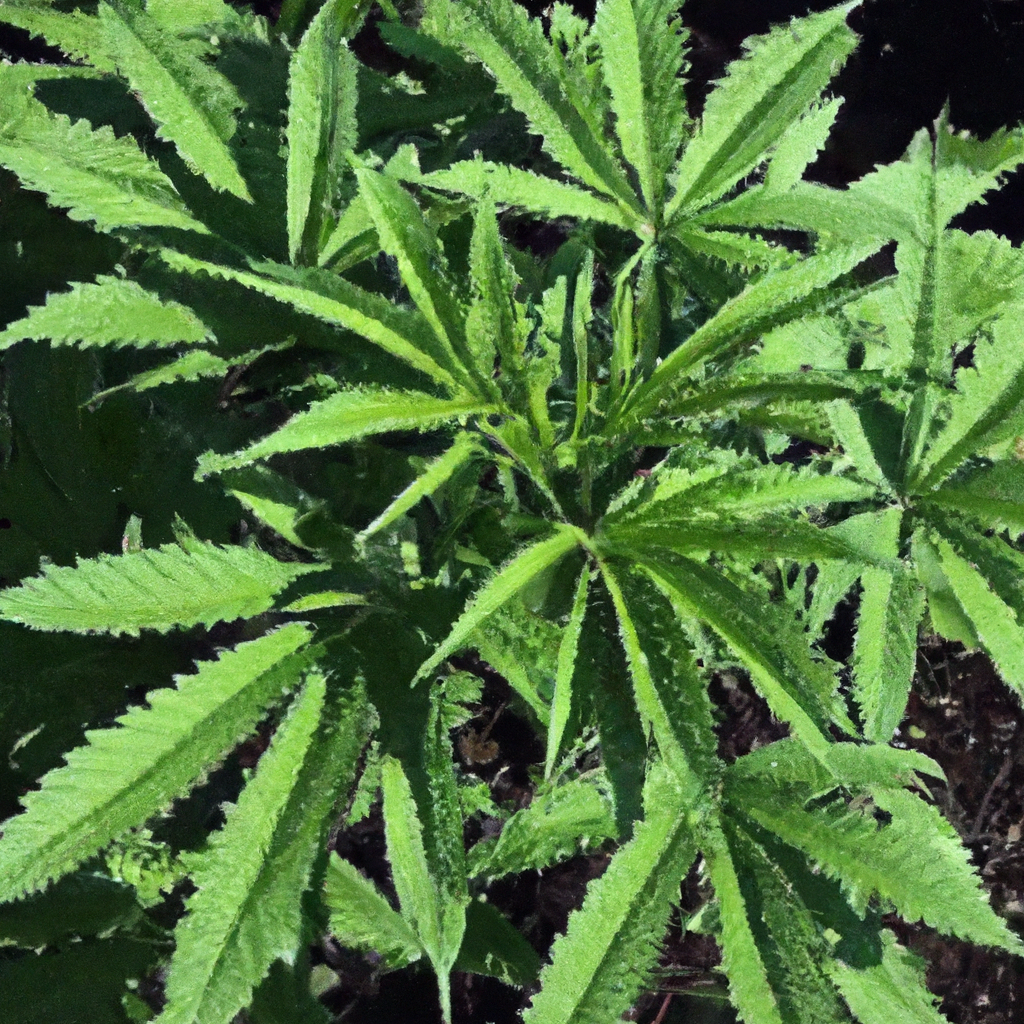
Successful cannabis cultivation increasingly relies on innovative methods, such as solarization, to manage soil-borne pests, weeds, and diseases. This eco-friendly technique uses solar energy by covering soil with clear plastic, thereby heating it sufficiently to eliminate threats without chemicals. To implement solarization, prepare and water the soil, cover it securely with plastic, and let it…
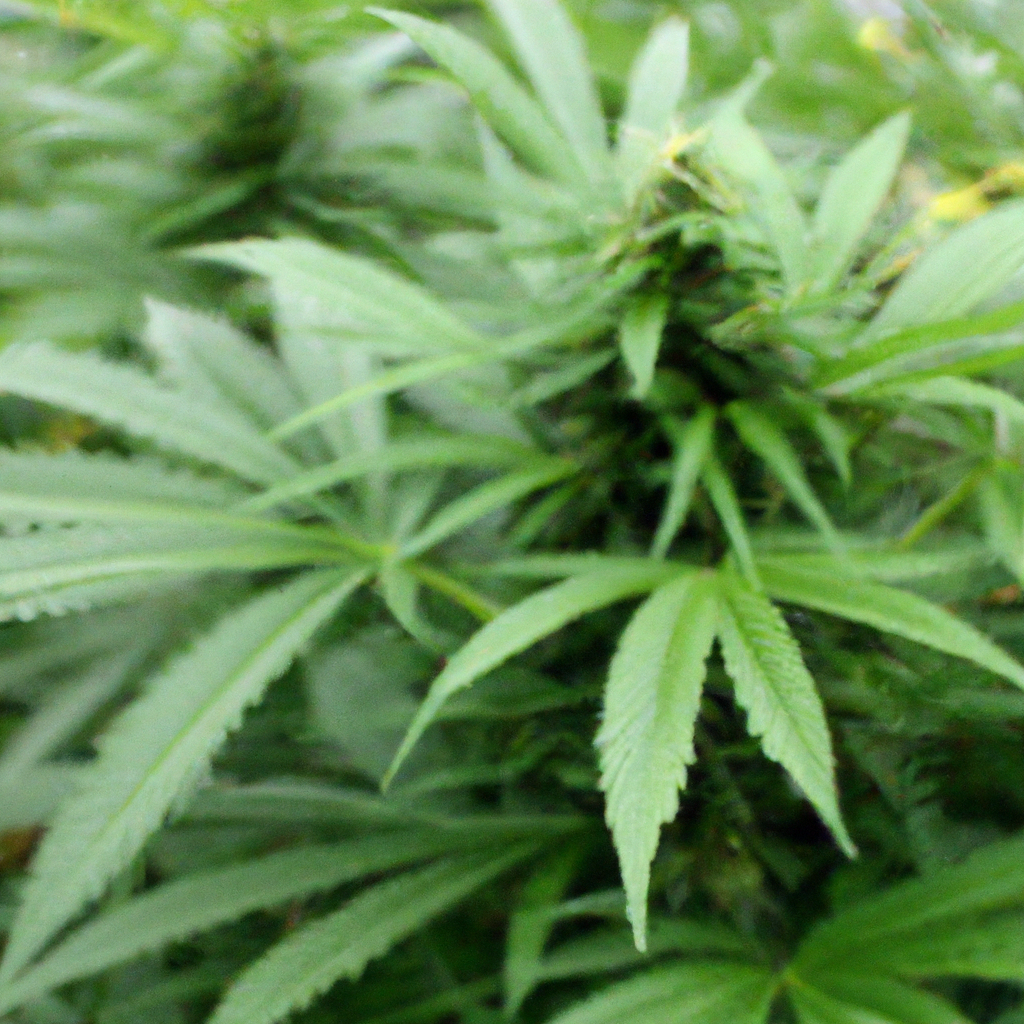
Embrace the sustainable and eco-friendly approach of organic cannabis cultivation by building healthy soil ecosystems, using natural fertilizers, and managing pests organically. Techniques like composting, companion planting, and mulching enhance soil health, while natural fertilizers such as fish emulsion and bone meal support robust plant growth. Organic pest control methods, including beneficial insects and neem…
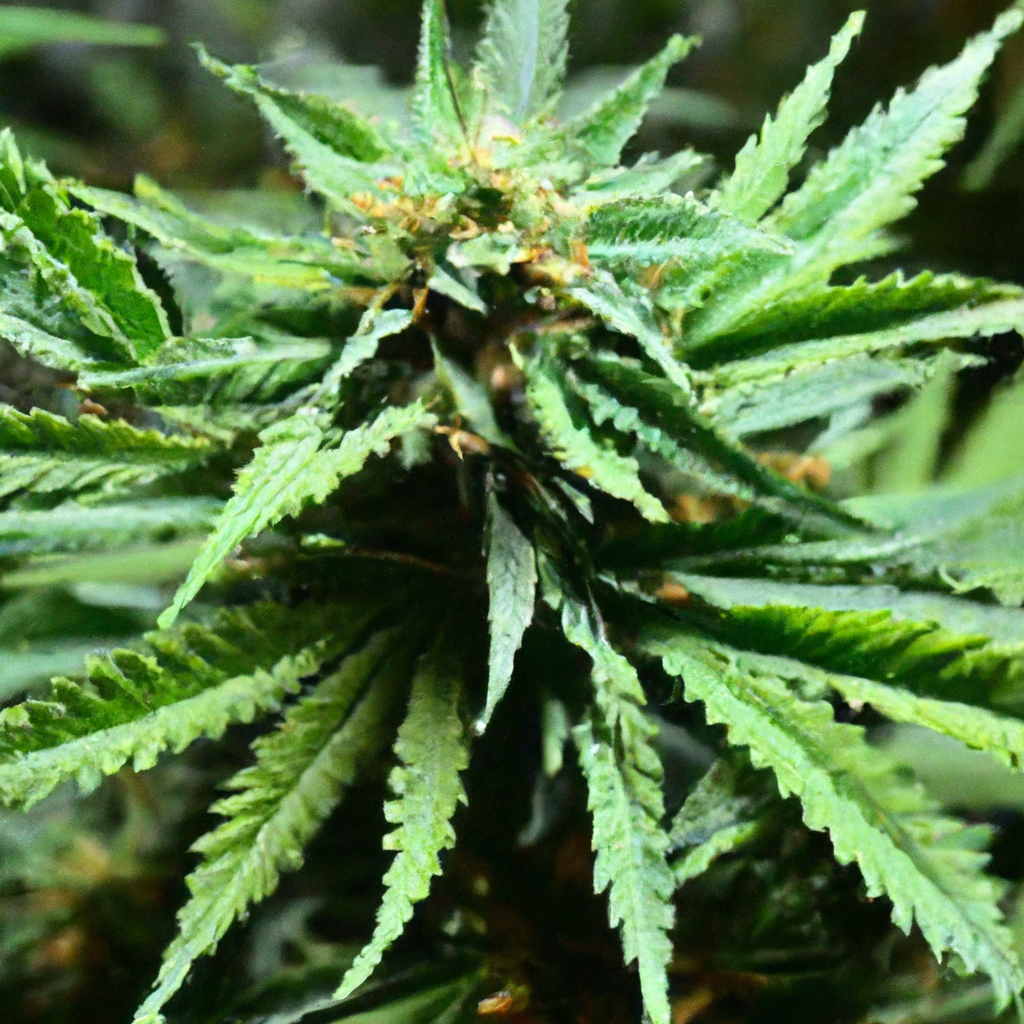
Cannabis cultivation is an art that benefits from integrating companion animals into the process, adding layers of natural pest control and enhanced soil health. Companion animals like ducks, chickens, and earthworms help manage pest populations, aerate the soil, and provide organic waste for fertilization, contributing to a thriving garden ecosystem. To effectively use this strategy,…
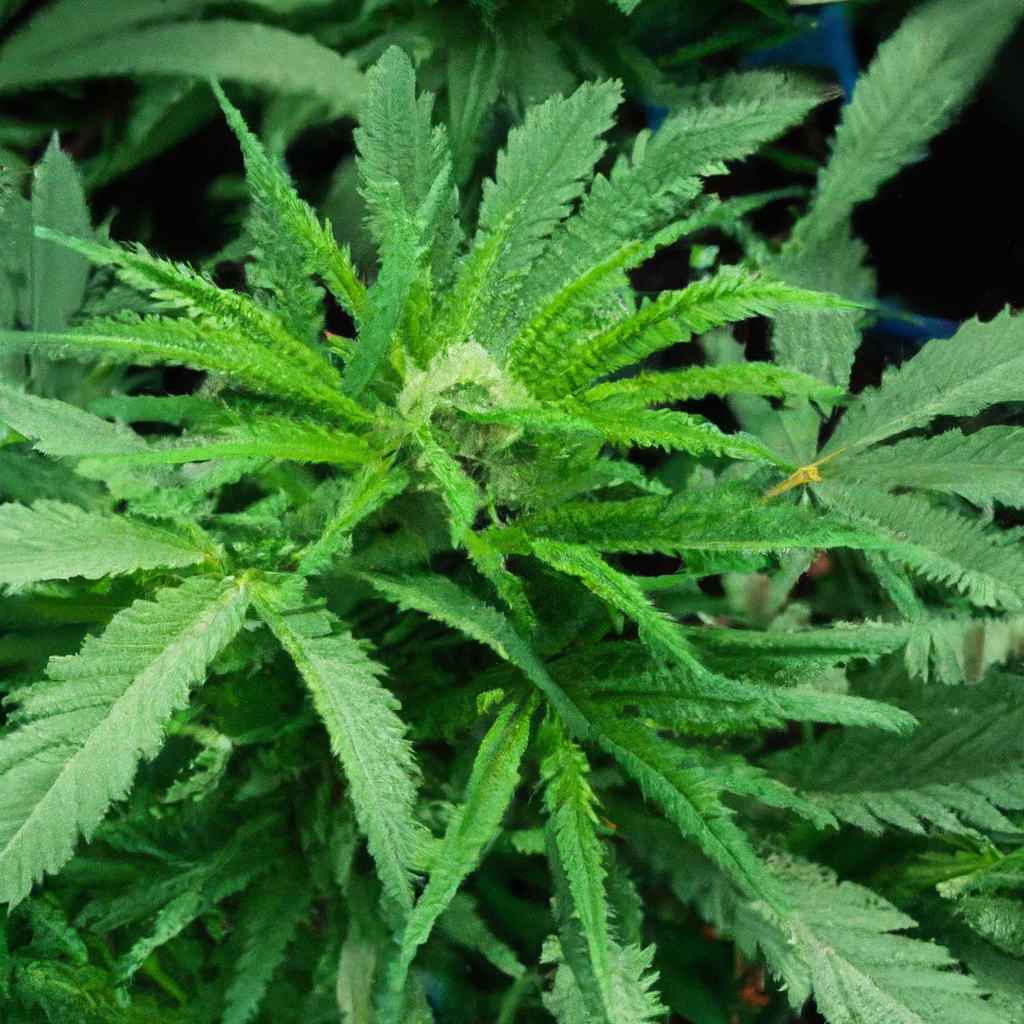
Embarking on organic cannabis cultivation enriches both plant quality and environmental health through natural methods. By fostering fertile soil ecosystems and opting for natural fertilizers like bat guano and fish emulsion, growers can enhance plant growth and reduce chemical usage. Sustainable pest control involves preventive practices and beneficial insects, ensuring a balanced ecosystem. Organic practices…

Inoculation is a cutting-edge technique where beneficial microbes like mycorrhizal fungi and beneficial bacteria are introduced to cannabis plant roots to boost growth, nutrient absorption, and disease resistance. Applying inoculants involves selecting high-quality products, mixing them with soil, and using them during watering, with reapplication as needed. Benefits include enhanced nutrient uptake, faster growth, increased…
